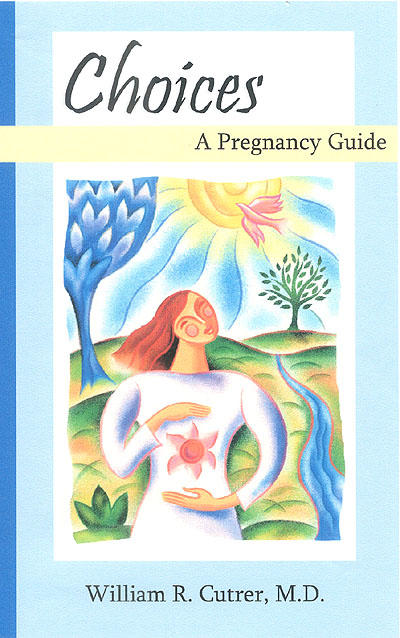 While our online group is going through Esther, I'm leading our small group, outXast, in a two week study associated with the movie Babette's Feast. I was thinking today about how the two leading ladies lived out their passion.
While our online group is going through Esther, I'm leading our small group, outXast, in a two week study associated with the movie Babette's Feast. I was thinking today about how the two leading ladies lived out their passion. It might be said that the opulence and isolation of royalty caused Esther to forget from whence she came. Draped in the finest clothes and eating rich foods, how many spa days of head to toe pampering would it take for you to forget? 14? 30? How about 365? Esther adapted - maybe too quickly. At the same time she could never again return to the home she had always known or see the family and friends she loved.
 Babette is forced to adapt in an entirely different way. To save her own life she flees Paris amidst the 1871 civil war where he husband and son have been killed. She becomes a refugee in the dreary cold climate of Norway where she knows no one; these are not her people. Here she trades the honorable robes of a master chef for the coarse homemade clothes of a servant. Instead of the finest French cuisine she now has the exact same meal of ale-bread soup for every meal, every day of the week.
Babette is forced to adapt in an entirely different way. To save her own life she flees Paris amidst the 1871 civil war where he husband and son have been killed. She becomes a refugee in the dreary cold climate of Norway where she knows no one; these are not her people. Here she trades the honorable robes of a master chef for the coarse homemade clothes of a servant. Instead of the finest French cuisine she now has the exact same meal of ale-bread soup for every meal, every day of the week. Do both women have passion?
It’s awkward to make judgments about all the things not told to us in Esther’s story. But it doesn’t appear that she is passionate about anything because she is lead along by whatever those around her tell her to do.
- She hangs around to be carted off to the palace (2:8).
- She only took to the palace what Hegai the eunuch recommended (2:15).
- She does whatever Mordecai says (2:20).
 Babette is nothing if not passionate. She knows food is her gift and she pursues it no matter what her circumstances. Nothing stands in her way. Even in desolate, pious Norway everyone describes what she does with food as spiritual. To know Babette is to know her passion.
Babette is nothing if not passionate. She knows food is her gift and she pursues it no matter what her circumstances. Nothing stands in her way. Even in desolate, pious Norway everyone describes what she does with food as spiritual. To know Babette is to know her passion. So can we argue that wealth ruined Esther, hindered her, or got in the way of living passionately? I don’t think so. Esther had not yet found her passion. Living without passion is to live with fear. Passion is your secret weapon, your super power. No matter what great unknown lays infinitely ahead, the one thing you know completely and surely is your passion.
But more of us are Esthers than Babettes. And we allow a variety of things to prevent us from discovering or living our passion. Time, money, work, family, etc.
Have you found your passion? What is it? And if not, why not?














2 comments:
Enlightening myself and others to the glory of God- be that through art, teaching, nature, music, conversation.
I still grapple with the particulars of my passion, but I know it is what drives me to homeschool, to garden, to lead Bible studies, to blog, even to camp out on the weekends.
This is a good question, I had to think on it for a few days.
I'm still molding my passion. For a start I think it is using technology, media and/or art to create relationships/community through teaching and leadership.
(By the way, I realize that I compared a fictional character, Babette, to a real person, Esther but I don't think that changes the comparison.)
Post a Comment